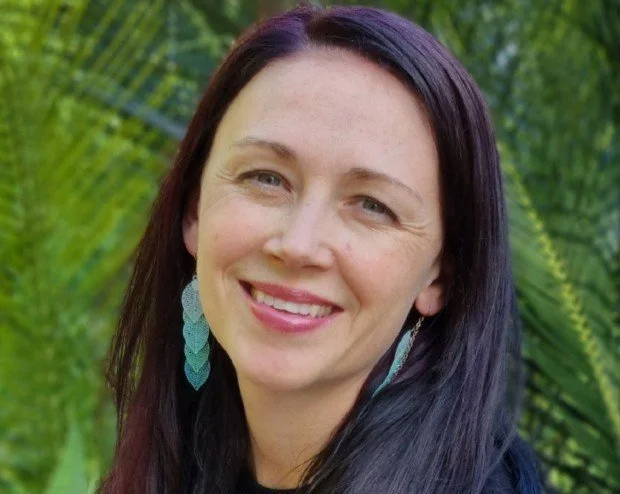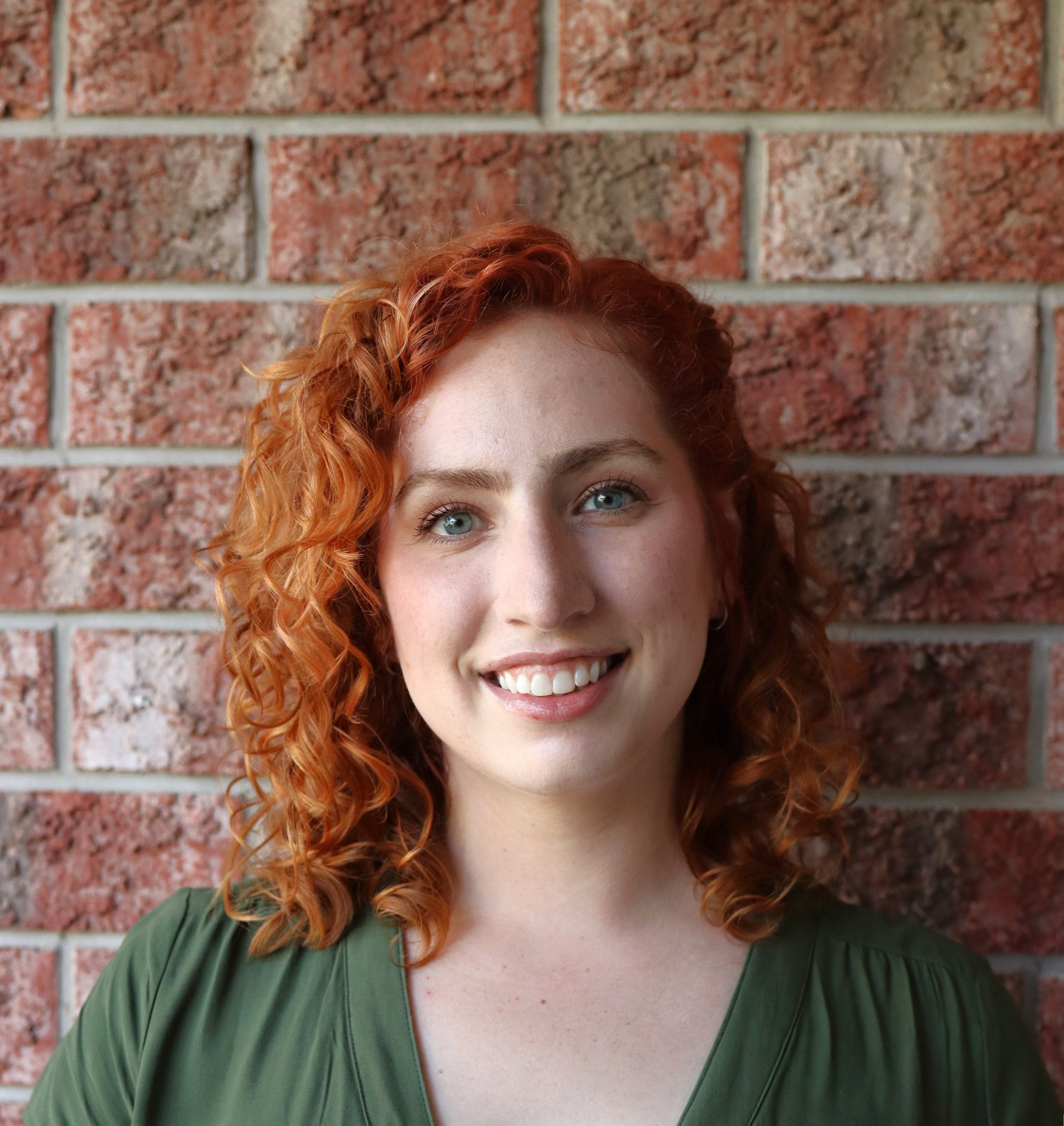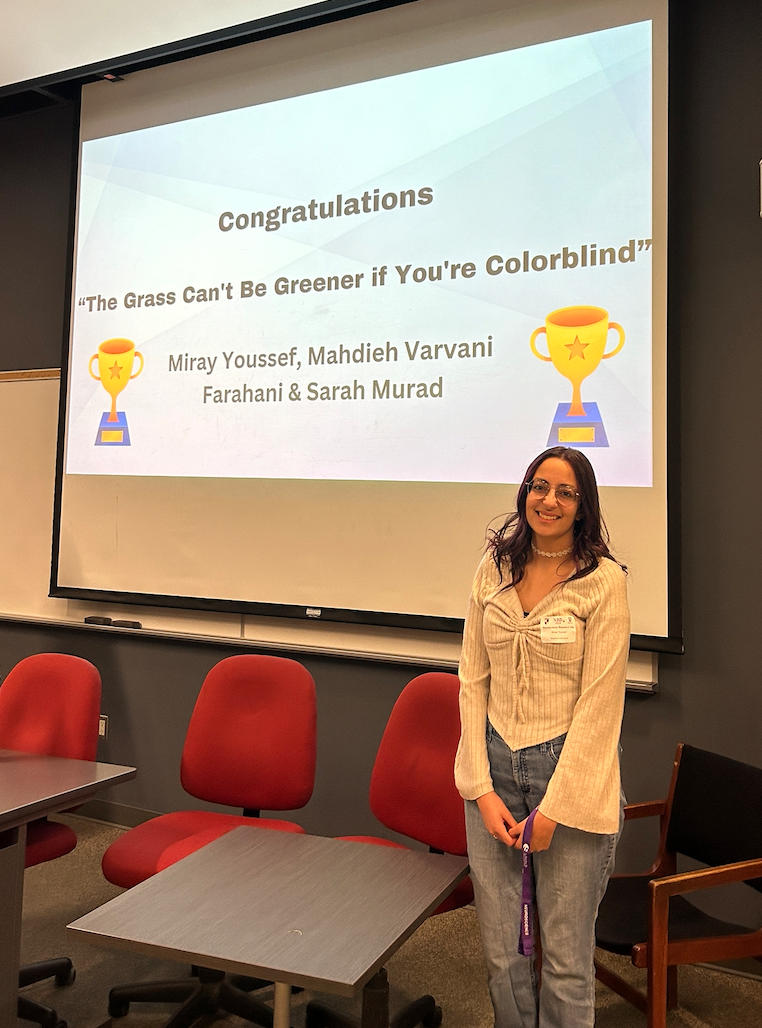Neuroscience is a research strength and priority at Western, and NRD is a trainee-organized conference that aims to bring the Western’s neuroscience community together to share resources and skills, and seed new collaborations. It also features world-renowned keynote speakers and interactive panel discussions and workshops.
QUICK LINKS:
NRD Schedule
Guidelines for Presenters
FAQ
Keynote Speakers
Dr. Jennifer Ryan
Friday, Feb. 23rd, 3:30 - 4:30 pm @NCB 113
Research in Dr. Ryan’s lab examines memory and the widespread impact that memory has on other aspects of cognition and behaviour. Dr. Ryan studies the content and organization of memory in healthy younger and older adults, neuropsychological cases and individuals with neurodegeneration (including mild cognitive impairment and Alzheimer’s disease). To do this, Dr. Ryan employs a converging-methodologies approach – that is, Dr. Ryan combines findings from behavioural paradigms, eyetracking, neuroimaging and computational modelling, to obtain a comprehensive description regarding the nature of memory, how it is supported in the brain and the deficits that arise from brain damage or neurodegeneration. Through the fundamental understanding of memory, Dr. Ryan seeks to develop tools that provide early screening for neurodegeneration, and cognitive strategies that may help individuals overcome, or otherwise circumvent, their memory deficits.
Dr. Katrina Choe
Thursday, Feb. 22nd, 4:00 - 5:00 pm @ NCB 113
Dr. Katrina Choe is an Assistant Professor in the Department of Psychology, Neuroscience & Behaviour at McMaster University and a Tier 2 Canada Research Chair in Neurobiology of Social Behaviour. After obtaining her bachelor’s degree at the University of Toronto, she pursued her doctoral degree at McGill University under the mentorship of Charles Bourque investigating the hydration state-dependent control of vasopressin neuronal excitability. Then she moved to UCLA for a short postdoctoral training at Thomas Otis laboratory investigating cerebellar circuits and their relationship to motor learning, and then at Daniel Geschwind laboratory also at UCLA examining the role of the central oxytocin system on social deficits in the Cntnap2 knockout mouse model of ASD. In her newly established laboratory at McMaster University, she applies a multi-level, integrative research strategy to link how gene mutations associated with ASD disrupt the function of the oxytocin system causing social behaviour impairments.
New Faculty Lectures
Friday, Feb. 23rd, 2:15 - 3:15 pm @ NCB 113
Dr. Siobhan Schabrun
Professor Schabrun’s research interests include the discovery of cortical biomarkers that can predict who will develop chronic pain – even before pain begins, investigation of the neurobiological mechanisms that underpin the transition from acute to chronic pain and the development and testing of non-invasive brain stimulation treatments for pain. Her lab uses cutting-edge research techniques to probe and modulate human neuroplasticity including non-invasive brain stimulation (e.g. transcranial magnetic stimulation, transcranial direct/alternating current stimulation), combined TMS-EEG, peripheral electrical stimulation and quantitative sensory testing. Her work uses both human pain models and clinical trial/cohort study methodology to investigate clinical pain populations.
Dr. Robyn Klein
Dr. Robyn S. Klein received her B.A. with honors in Biology from Barnard College, Columbia University followed by a Ph.D. in Neuroscience and an M.D. from Albert Einstein College of Medicine. She then completed her internship and residency in Internal Medicine at the Brigham & Women's Hospital, Harvard University and her clinical fellowship in Infectious Diseases at the Massachusetts General Hospital, followed by post-doctoral training in Immunology at Harvard University. Dr. Klein joined the Washington University School of Medicine (WUSM) in 2003, where she attained Professorships in the Departments of Medicine, Pathology & Immunology, and Neuroscience. At WUSM, she also served as Vice Provost and Associate Dean for Graduate Education, in the Directorship of the WUSM Medical Scientist Training Program, President of the WUSM Academic Women’s Network, and founded and directed the Center for Neuroimmunology and Neuroinfectious Diseases. At WUSM, Dr. Klein developed a neuroimmunology basic and translational science research program focused on the pathogenesis of neuroinflammatory diseases of the central nervous system (CNS). Work in the Klein laboratory has defined novel roles for cytokines and chemokines in the regulation of blood-brain barrier permeability to arboviruses, protective versus pathogenic leukocytes, and in neurologic sequelae of viral infections such as impaired learning and memory. In 2024, Dr. Klein joined the faculty of Western University, Schulich School of Medicine & Dentistry, as Canada Excellence Research in Neuroimmunology and Neurovirology and Professor of Microbiology and Immunology.
THE GREAT DEBATE:
Cannabidiol SHOULD be used as a therapeutic agent in neurodegenerative diseases and psychiatric disorders
Thursday, Feb. 22nd, 6:30 - 8:00 pm @ The Wave
For:
Dr. Jibran Khokhar and Jude Frie
Dr. Khokhar completed his undergraduate training at Queen’s University, and his PhD in the Department of Pharmacology and Toxicology at the University of Toronto and CAMH, under the supervision of Dr. Rachel Tyndale. During this time, Dr. Khokhar was awarded a CIHR Tobacco Use in Special Populations Fellowship, as well as a publication award for "Best Publication in Neuropsychopharmacology". He then completed a post-doctoral fellowship in the Department of Psychiatry at Dartmouth College with Dr. Alan Green. In addition to numerous travel and poster award, Dr. Khokhar held a CIHR Post-doctoral Fellowship as well as NIH K99/R00 Pathway to Independence Award from the National Institute on Alcohol Abuse and Alcoholism. Dr. Khokhar was recently hired as an Associate Professor in the Department of Anatomy and Cell Biology at the Schulich School of Medicine at Western University.
Before joining the Khokhar lab, Jude studied electrical engineering at UBC. Jude is interested in bringing novel technologies to the forefront of biology, especially in the application of mental health diagnoses and treatment. His primary research is focused on the sex- and age-related consequences of nicotine vaping on behaviour and brain network function. Jude is also active in the field of open science, having published several open-source designs and volunteering as a collaborator at Open Behavior where he disseminates open-source projects in the behavioural neuroscience community.
Against:
Dr. Daniel B. Hardy and Dr. Marieka DeVuono
Dr. Daniel B. Hardy is an Associate Professor in the Departments of Ob/Gyn and Physiology & Pharmacology at Western University (London, Canada). He is also a Scientist with the Children’s Health Research Institute (CHRI). In 2003, Dr. Hardy received his PhD in Physiology at Western University, followed by a postdoctoral fellowship at the University of Texas Southwestern Medical Center (Dallas) in Dr. Carole Mendelson’s laboratory. Since starting at Western in 2008, Dr. Hardy’s laboratory focuses upon the molecular mechanisms underlying how impaired fetal development can predispose offspring to metabolic deficits in adulthood. His research group has identified how a poor in utero environment leads to changes in nuclear receptor activity, epigenetic influences and endoplasmic reticulum (ER) stress culminating in postnatal metabolic disease. Recently his laboratory group has examined how exposure to cannabinoids in utero result in placental insufficiency and long-term dysmetabolism in the offspring. Dr. Hardy’s research is supported by CIHR, the Heart and Stroke Foundation, and NSERC. Twitter: @DBHardyLab
Dr. Marieka DeVuono completed her PhD in Neuroscience and Psychology at the University of Guelph in the lab of Dr. Linda Parker, focusing on the endocannabinoid system's regulation of stress, nausea and vomiting. During her graduate studies, Marieka developed a pre-clinical animal model to gain insight into the mechanisms behind Cannabinoid Hyperemesis Syndrome; a condition that can affect some cannabis users and is characterized by recurrent episodes of nausea and vomiting and psychiatric comorbidities. Marieka is currently a postdoctoral associate at Western University in Dr. Steve Laviolette’s lab, holding CIHR and BrainsCAN postdoctoral fellowships to investigate the neurobiological consequences of cannabis use throughout development, including prenatal and adolescent cannabis exposure.
Twitter: @MarDeVPhD
EDI Panel Event: Resilience in Academia
Friday, Feb. 23rd, 1:00 - 2:00 pm @ NCB 113
In this panel discussion, we will explore the overarching themes of "Resilience in Academia," specifically addressing financial challenges, the evolving landscape post-COVID, and the competitive nature of academia. We will delve into the competitive atmosphere within academia, questioning the adequacy of accommodations for individuals facing difficulties and proposing proactive measures to prevent stressors. Our ultimate objective is to discuss strategies that optimize mental well-being, ensure financial stability, and foster a more inclusive academic environment in the face of these contemporary challenges
Shahnaza Hamidullah
Chinelo Ezenwa
Julie Jonkhans
Brain Art Exhibit and Social
Thursday, Feb. 22nd, 8:00 - 9:00 pm @ The Wave
Brain art winner:
"The Grass Can’t Be Greener if You’re Colourblind”
Miray Youssef, Mahdief Varvani Farahani, & Sarah Murad
Data Blitz Oral Presentations
Friday, Feb. 23rd, 10:30 - 12:00 pm @ NCB 113 and 114
Oral Presentation Winners:
Brian Wu, Master's student
Anike Alarape, Master's student
Katherine Quesnel, PhD Student
Micah Evans, Master's student
Careers Panel:
Friday, Feb. 23rd, 9:15 - 10:15 am @ NCB 113
Dr. Abdullah Al-Jaja
Medical Affairs Specialist, Veristat
Dr. Androu Abdalmalak
Scientific Consultant at NIRx Medical Technologies
Dr. Faraj Haddad
Principle Investigator of the Haddad Teaching and Learning Lab at Western University
Thank you to our sponsors!






























